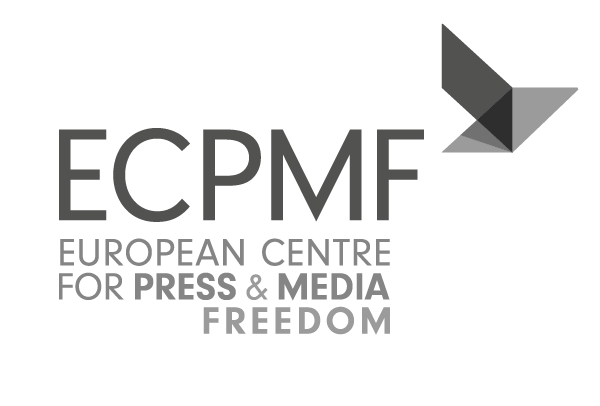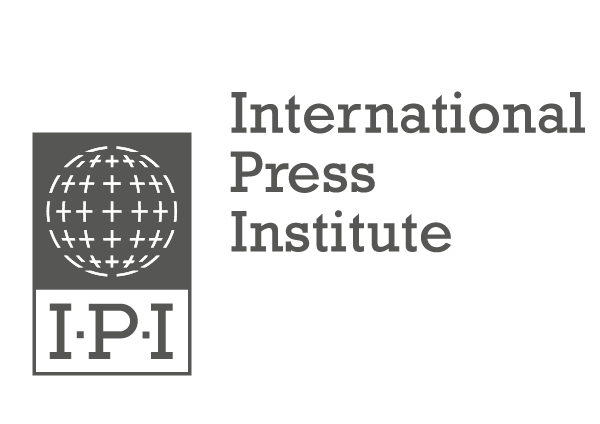 86 days. It took the Maltese government 86 days to set up a public inquiry into the assassination of Daphne Caruana Galizia. The news came in on Friday, 20. September, late in the evening. Although this is a step in the right direction to finally bringing justice to the murdered journalist, the impartiality of the inquiry’s board is concerning.
86 days. It took the Maltese government 86 days to set up a public inquiry into the assassination of Daphne Caruana Galizia. The news came in on Friday, 20. September, late in the evening. Although this is a step in the right direction to finally bringing justice to the murdered journalist, the impartiality of the inquiry’s board is concerning.
Concerns over public inquiry into Daphne Caruana Galizia’s assassination
On 26. June 2019, the Parliamentary Assembly of the Council of Europe (PACE) voted to adopt the report on Malta prepared by Special Rapporteur of the parliamentary assembly of the Council of Europe on the assassination of the Maltese journalist Daphne Caruana Galizia, Peter Omtzigt, which demanded an independent public inquiry into the murder of Daphne, be set up. Omtzigt’s report underlined failings in the rule of law and raised concerns over the impartiality of the investigations.
Only six days before the deadline on 26. September 2019, the Maltese government announced that a public inquiry has been set, presided by Judge Emeritus Michael Mallia. The family of Daphne Caruana Galizia published a press release, raising concerns over the members that were appointed to board the public inquiry. The family is demanding an impartial inquiry free from any government interference.
In an interview with the European Centre for Press and Media Freedom, Matthew Caruana Galizia, Daphne’s son, said that the make-up of the board is economically and politically dependant on the government. The chair of the board is involved in murdered journalist’s trial, one of the members is currently a lawyer of the organised criminal network that his mother was investigating, and the other’s appointment in any positon is directly dependant on the prime minister, putting him in a position that cannot contract the status quo. Matthew emphasised that the inquiry, is not only to find out whether his mother’s murder could have been prevented but also, “It’s also a way of breaking the system of corruption that has existed for many years in Malta. It is really Malta’s truth and justice commission, and members of the inquiry cannot be a part of the same corrupt system that the inquiry is supposed to be breaking.”
The family demanded a meeting with Prime Minister Joseph Muscat, in order to discuss these concerns. Muscat’s office agreed to a meeting. So far, it has been confirmed that this meeting is going to take place on 30. September.
In a statement, OSCE Representative on Freedom of the Media, Harlem Désir, demanded that the inquiry must be fully independent and yield justice.
Omtzigt welcomed the public inquiry, but at the same time stressed that the inquiry needs to be “fully independent and its members impartial beyond question”.
“This is in a sense about justice for our country, not only justice for our mother. It’s about our country figuring out what’s wrong with it doing something about that – doing something to prevent future murders”, said Matthew Caruana Galizia.
By Renata Rat





